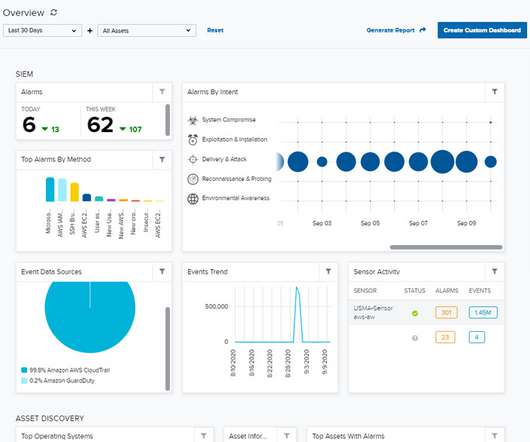Security Affairs newsletter Round 438 by Pierluigi Paganini – International edition
Security Affairs
SEPTEMBER 24, 2023
Government of Bermuda blames Russian threat actors for the cyber attack City of Dallas has set a budget of $8.5 Government of Bermuda blames Russian threat actors for the cyber attack City of Dallas has set a budget of $8.5 Government of Bermuda blames Russian threat actors for the cyber attack City of Dallas has set a budget of $8.5












Let's personalize your content